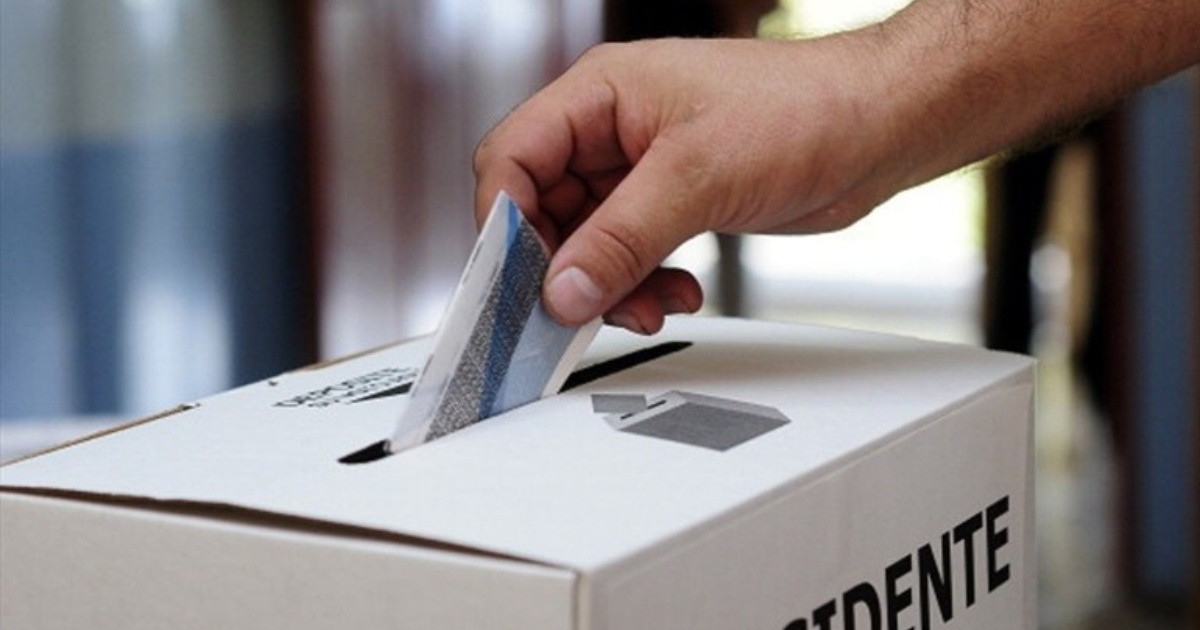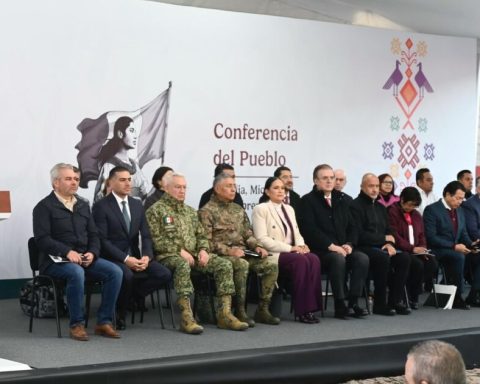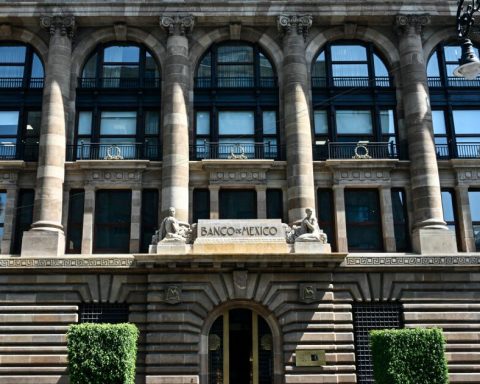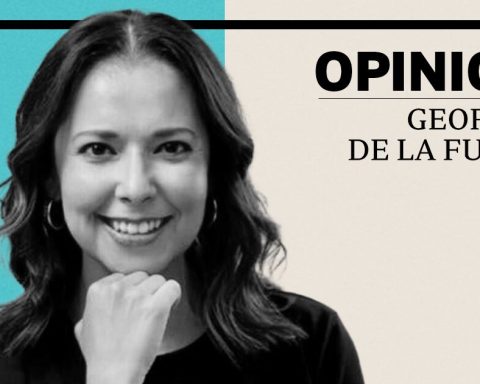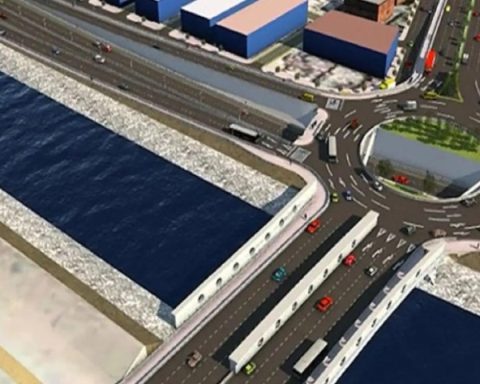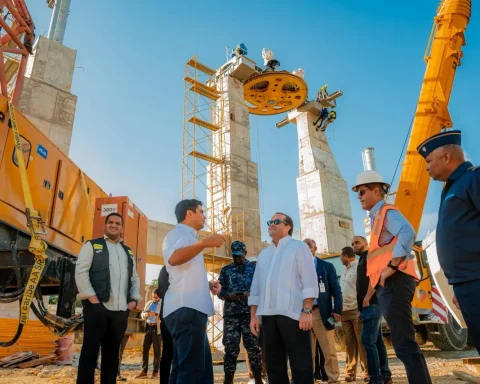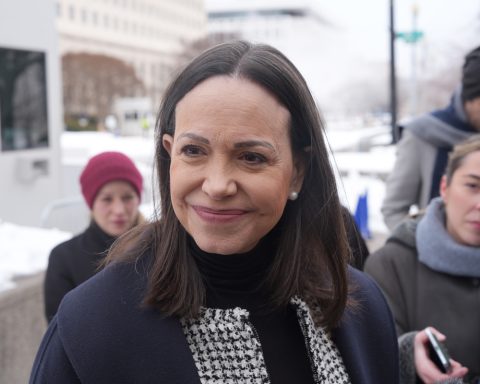The beginning of the construction of an electoral reform opinion, announced in the Congress of the Union for the week that begins, has outlined some scenarios about the results of that intention to change the legal and institutional framework that governs the election of popular representatives in Mexico.
First scenario: It is highly unlikely that all the radical changes proposed by President AMLO will be achieved
Since there are around 50 initiatives in the field that imply reforms to the Constitution and a similar number that contemplate modifications of secondary laws; that some proposals foresee transcendental changes and that the party in government and its allies do not have a qualified majority in the Chamber of Deputies that would allow them to reform the Constitution, the first scenario is that Morena will not gather the votes required to approve it, “without removing a comma”, the initiative sent by President Andrés Manuel López Obrador on April 28, 2022.
Luis Carlos Ugalde, former president of the Federal Electoral Institute (IFE), stated that it is practically impossible for the initiative to pass in the terms that were proposed and that, among other points, it proposes:
- Eliminate ordinary public financing of political parties.
- Disappear to the National Electoral Institute (INE) and create, in its place, the National Institute of Elections and Consultations (INEC), as the only national body in charge of organizing elections.
- Election, by popular vote, of electoral councilors and magistrates.
- Eliminate legislators elected directly by citizens, by district, to leave only multi-members.
For the renowned expert in electoral matters, it will be difficult to have the necessary votes to approve something like this, especially since there is no strategic reason that would convince the opposition deputies to vote in favor of a reform that would clearly affect their parties’ income. .
For his part, César Astudillo Reyes, an academic from the UNAM Legal Research Institute, explained that, in the event that the changes contemplated in the initiative sent by the head of the federal Executive were achieved, we would be facing a root change in the organizational model. the country’s electoral system, which began to be built in 1977.
He recalled that there are four great generations of reforms:
- Those of 1977 and the eighties, which served to promote political pluralism.
- Those of the nineties, which served to build autonomous and independent electoral institutions.
- Those that also started in the 1990s, but that sought equal status in the electoral competition
- That of 1914, which creates a national electoral authority.
The prominent UNAM academic said that if what was proposed by López Obrador were approved, there would be changes in those four areas
However, he recalled that this implies achieving broad consensus, for which, in the coming days, it is necessary to see in particular if the PRI is willing to add votes so that Morena and her allies achieve the constitutional changes they require, above all, because has been ambivalent in recent months about how to vote.
Second scenario: They could bend the PRI and make some proposed constitutional changes
The second scenario is that Morena and her allies achieve, both in the Chamber of Deputies and in that of Senators, the necessary votes so that the initiative made by the head of the Financial Intelligence Unit of the Ministry of Finance, Pablo Gómez and sent to Congress by President López Obrador is approved.
In this sense, the former electoral counselor, Marco Antonio Baños Martínez, drew attention to the fact that the recent vote to approve the extension of the term that the military will remain in the National Guard, where the ruling party obtained enough votes from the opposition to have a qualified majority changes the landscape for electoral reform.
We must be vigilant. The PRI today has a different alliance that generates impunity for its national leader, Alejandro Moreno, and that generates votes for the ruling party, he indicated.
In addition, he recalled that the Secretary of the Interior, Adán Augusto López Hernández, publicly affirmed that they already have the support of the PRI for electoral reform.
For this reason, the specialist considers that now it is very likely that an electoral reform could be carried out that implies some changes to the Constitution, where some elements proposed by the president could be taken into consideration.
In this scenario, it would be possible to replace the INE by the INEC and reduce the public financing of the parties; However, for Baños Martínez, consensus would not be achieved for the election, by popular vote, of TEPJF councilors and magistrates.
“Then what could happen is that not all the adjustments that López Obrador wants are included, but an electoral reform that modifies the INE is achieved, that the electoral bodies of the states disappear and that the budget is reduced and who knows what would happen with the intention to disappear the legislators of relative majority”, he exposed.
For his part, Luis Carlos Ugalde said that what could go through the congress are marginal issues that are irrelevant, such as electronic voting. “Outside of that and two or three additional aspects, I don’t see anything fundamental that can prosper, because the relevant fundamental issues such as dismantling the INEmake all legislators multi-member or reduce the prerogatives of the opposition parties, nobody would accept it, not even the Green Party or the Labor Party”.
On the other hand, he pointed out that fundamental points that opposition parties have raised, such as establishing the second round of elections, is unacceptable for the government.
Impact
Former counselor Baños Martínez commented that if the congress eliminates, as the president proposes, the regular budget for parties, it would generate enormous inequities, because not everyone has the same capacity to obtain resources from militants or sympathizers.
He also said that if the INEand instead creates the INECwith the composition and responsibilities proposed by the president, the electoral authority would be stripped of the professionalization achieved with the District Executive Boards, which are decentralized bodies, which are in charge of all electoral logistics.
Another delicate matter is that the INE would be deprived of the power of control it has to act in case of violations of the rules of the electoral game.
In addition, he stressed that if the INEC remains solely responsible for organizing federal, state and municipal elections, all local conflicts would have to be resolved in the country’s capital, with a weaker and more limited institutional structure.
Relay of INE advisers, another opportunity for the government to weaken it
The former president of IFELuis Carlos Ugalde Ramírez, drew attention to the appointment of four INE directors, to replace the current president director Lorenzo Córdoba, Ciro Murayama, Adriana Margarita Favela Herrera and José Roberto Ruiz Saldaña, who end their term of service in April 2023 , opens up the risk that the government will use this process to weaken the electoral authority and distort its operation, either by imposing people committed to the movement led by López Obrador or delaying the process, forcing it to operate with only seven of the eleven counselors.
He stressed that if the parties manage to put like-minded people or militants they can affect independence.
I have the perception that in this selection of directors, Morena is going to want to force the inclusion of some who have a more militant or activist character, since the president has said that it is not worth being neutral in that of transforming politics.
For his part, César Astudillo Reyes said that the government’s intention to co-opt institutions to deactivate them, that is, so that they do not fulfill their function, as happened with the CNDH, or to have control of key decisions in the political arena, is worrying. national.
If the INE and the TEPJF fall, two great bastions in the construction of the country’s democratic system will be falling, and that can ensure the hegemony that will allow them to remain in power for decades.
The renowned UNAM academic drew attention to the fact that in addition to the four INE directors, two TEPJF magistrates will complete their term in 2023 and that the appointments of at least five more magistracies in the regional chambers are currently pending.
He stressed that it has been a constant in this government to delay the appointment of counselors, magistrates or commissioners of constitutionally autonomous organizations that has resulted in its institutional weakening.
Clearly, if the electoral reform is not achieved, the government will try to influence the profiles of the new INE commissioners, at least of the presidency and to gain control of the Superior Chamber of the TEPJF.
